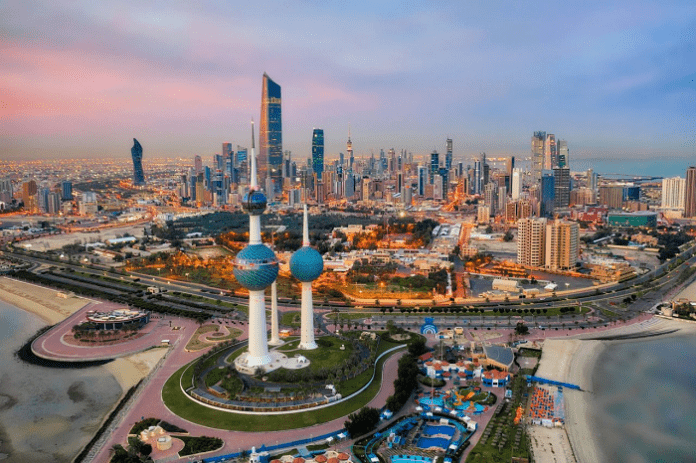Based on the Harvard Kennedy School’s Economic Complexity Index, Kuwait is on the 86th place globally in terms of economic complexity, but at the same time, the indicator showed that this complexity has declined for the past ten years.
Globally, Saudi Arabia ranked 42nd, Bahrain 56th, Qatar 71st, Oman 79th, and the UAE 99th. The economic complexity indicator measures the extent of the country’s productivity knowledge and the volume of information on such capabilities. It also takes into account the volume of the country’s exports and compares it with the development and diversity of other exporting countries.
Kuwait’s economic complexity as shown in the index is evident despite the increasing diversification of the country’s exports, which has affected less complex products. This indicated that Kuwait has few opportunities to diversify its production capacity using its current expertise. The data also specified that the country is less complex with its income level, which results in its economy growing slowly.
According to market forecasts for 2030, Kuwait’s growth annually will be approximately 0.7 percent over the next decade, placing it in the lower half around the world in terms of growth. On this note, Harvard Kennedy School published the “Atlas of Economic Complexity” describing Kuwait as a high-income country and ranks it as the 27th richest economy by population out of the 133 countries covered by the atlas.
It also noted that the GDP per capita of Kuwait’s population of 4.27 million is around USD 24,811, while the average growth of per capita output has reached 3.9 percent for the past five years, lower than the average in the region. Kuwait ranked third as the richest Gulf state after Qatar, which ranked tenth in the world, and the UAE, which ranked 21st, while Bahrain ranked 31st, Saudi Arabia ranked 33rd, and Oman ranked 41st.

















